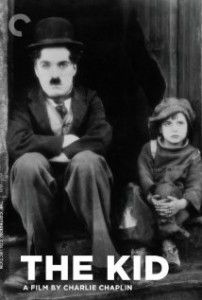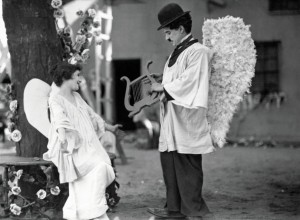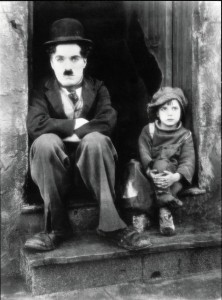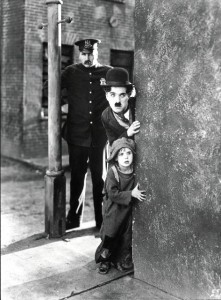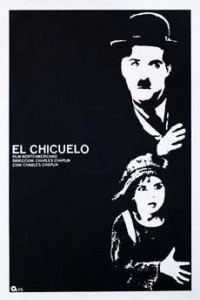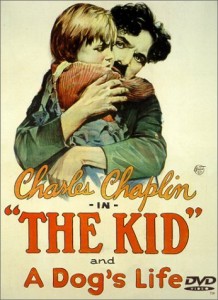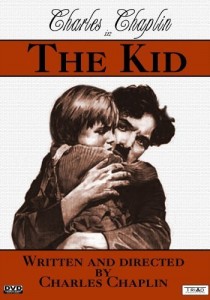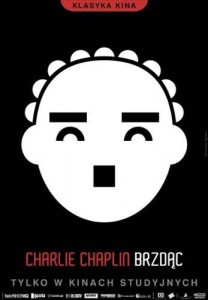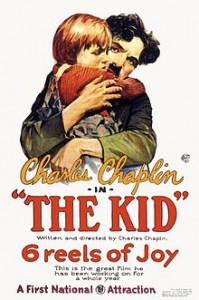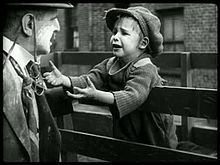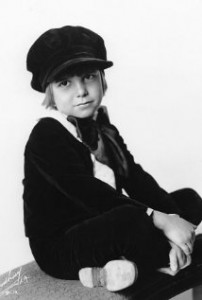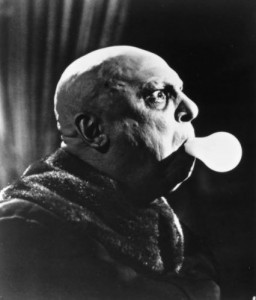The Kid ***** (1921, Charles Chaplin, Edna Purviance, Jackie Coogan) – Classic Movie Review 1053
Producer-writer-director-star Charles Chaplin’s classic 1921 silent comedy is one of his masterpieces. It ominously starts by declaring itself ‘a comedy with a smile – and perhaps a tear’ but that needn’t put us off too much. It is, as the advertising said, ‘six reels of joy’.
Chaplin’s first full-length feature film is an archetypal mix from him of laughs and sentimentality, alas with more of the latter, though that doesn’t entirely spoil the fun.
Chaplin’s luckless Little Tramp character adopts an orphan baby, who turns into a tricky little kid, brilliantly played by Jackie Coogan, a real professional at the age of only seven. The film turned him into the first major child star of the movies. He kept busily working and eventually became Uncle Fester in TV’s The Addams Family (1964-66) and died of a heart attack on , aged 69.
Edna Purviance also stars as an unwed woman who leaves a charity hospital carrying her new-born son. She abandons him in the back seat of a limousine with a handwritten note asking the finder to care for and love the baby. But the car is stolen by two thieves who leave the Kid on the street by a garbage can. Chaplin’s Little Tramp finds the baby, softens and makes a home for him, naming him John.
Five years later the Kid has become the Tramp’s partner in minor crime, throwing stones to break windows the Tramp can then repair as a glazier. The woman has become a wealthy opera star, doing charity work for slum youngsters in hope of finding her boy. By chance, mother and child cross paths, but don’t recognise each other.
Eventually the authorities come to take the Kid away from the Little Tramp and put him into an orphan asylum. But the Tramp steals him back and takes him to a flophouse. Its proprietor reads of a reward for the Kid and takes him to the mother. Charlie is later awakened by a kind cop, who reunites him with the Kid at Edna’s mansion.
As the mother tries to recover the Kid, poor Edna Purviance has all the pathos and plot to cope with, but she does it in grand style. Incredibly, Coogan’s appealing, funny and inventive comedy skills match Chaplin’s. The film is very nicely written and plotted as a melodrama, though, as expected, the tear-jerking elements of the movie and the Victorian-style sentimentality haven’t worn particularly well. But otherwise this is a great silent film, deservedly much-loved, and a feather in the cap of the now undeservedly undervalued and unfashionable Chaplin.
The Kid was a huge success as the second-highest grossing film in 1921 after The Four Horsemen of the Apocalypse. It was selected in 2011 for preservation in the United States National Film Registry by the Library of Congress as being ‘culturally, historically or aesthetically significant’. It’s all three, of course.
http://derekwinnert.com/city-lights-1931-charles-chaplin-classic-film-review-1042/
http://derekwinnert.com/the-great-dictator-1940-charles-chaplin-classic-film-review-1044/
http://derekwinnert.com/the-gold-rush-1925-charles-chaplin-classic-film-review-1051/
(C) Derek Winnert 2014 Classic Film Review 1053 derekwinnert.com

